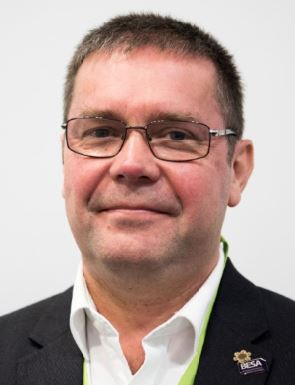Skills gap threatens cooling sector’s safety and environmental aims

A shortage of skilled technicians will make it increasingly difficult for the refrigeration and air conditioning sector to adopt new ‘alternative’ refrigerants, which are critical to achieving greenhouse gas reduction targets, according to the Building Engineering Services Association (BESA).
The Association’s head of technical Graeme Fox told F-Gas Question Time that too many operatives had out-of-date practical skills and were unfamiliar with renewable technologies and the flammable refrigerants that were quickly taking over from global warming gases.
He confirmed that DEFRA was looking urgently at the situation and considering how it might legislate to improve the certification arrangements for the sector. He also urged employers to upskill their engineers to equip them for a rapidly changing marketplace.
The UK has agreed to continue ‘mirroring’ European F-Gas legislation and phasing down the use of HFC gases in refrigeration and air conditioning equipment. This will lead to rapid deployment of alternative refrigerants in their place – many of which are flammable.
He said all engineers should be required to regularly refresh their practical skills to keep pace with changing technologies and refrigerants and criticised the complacency that allowed “evergreen” certification like City & Guilds 2079 to remain valid without a regular re-registration process to keep skills up to date.








